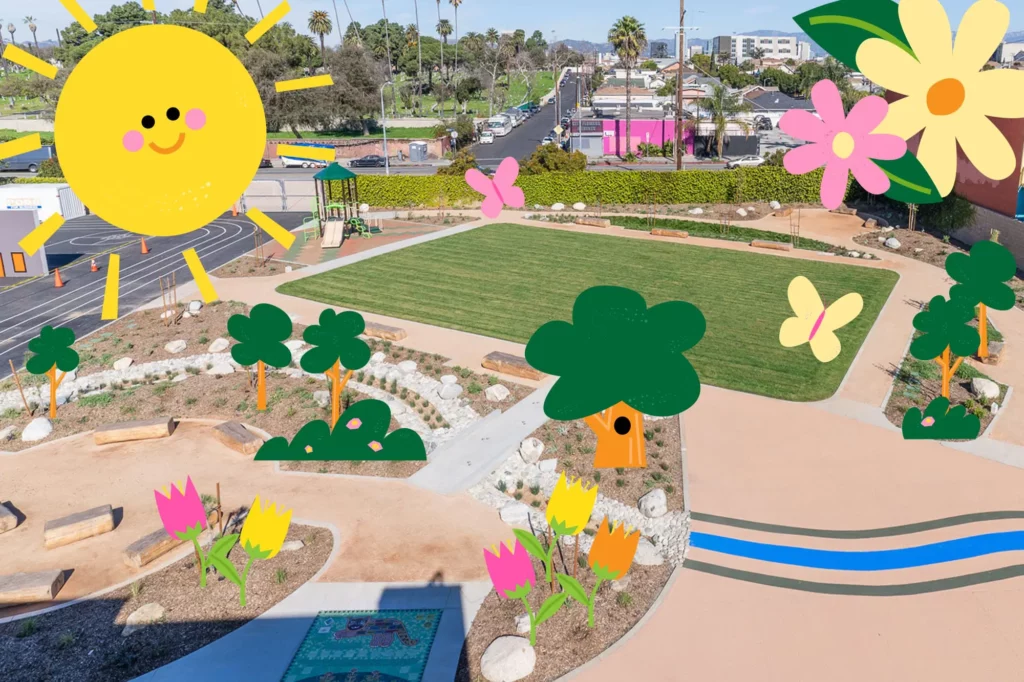Introduction
Natural Climate Solutions, also called Nature-Based Solutions, are actions that reduce emissions and increase carbon storage in forests, farms, grasslands and wetlands, while providing a host of additional benefits for people and the environment.
Practices that could be included are actions like encouraging farming techniques that retain carbon in the soil, such as planting cover crops; conserving and replanting forests; conserving and restoring coastal wetlands; and reducing the loss of natural areas, planting trees, and providing parks in communities.
Not only do these efforts help address climate change – they can improve water quality, prevent natural disasters like wildfire, drought, and flooding, protect wildlife habitat, and provide opportunities for hiking and fishing. Best of all, these solutions are cost effective, and can often improve local economies.
Below you can explore how people in Pennsylvania are benefiting from implementing nature-based solutions in their community through a diverse set of resources from USN4C members and others, including blog articles, videos, comprehensive reports, and more.
Blog Articles

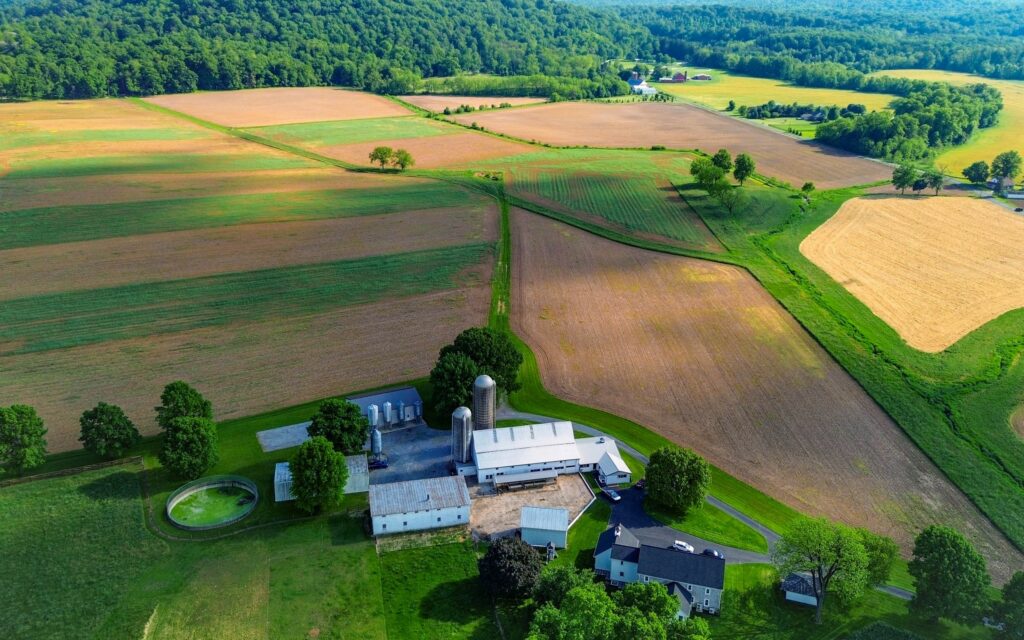
© The Nature Conservancy
The Nature Conservancy Article: Wetland, Floodplain & Stream Restoration Aids Pennsylvania Farmers

Open Space Institute Article: Open Space Institute’s Protection of Forested Property in Pennsylvania to Improve Regional Water Quality
- The Nature Conservancy Article: What Does It Mean to Steward Land and Manage for Resiliency in Pennsylvania?
- The Nature Conservancy Article: Protecting Freshwater in Pennsylvania & Delaware
- The Nature Conservancy Article: Susquehanna River
- The Nature Conservancy Article: The Nature Conservancy Applauds Kittatinny Ridge Sentinel Landscape Designation
- SCIENCE: Environmental Defense Fund Article: New Research Could Help Resource Managers Improve the Health and Resilience of the Mississippi River Basin
Forests:
- The Nature Conservancy Article: The Future Forest: The Appalachians face multiple threats. Scientists are working to boost their adaptability.
- National Wildlife Federation Article: Nature-Based Solutions Needed to Combat Appalachia’s Growing Flood Risks
- Scientific American Op-Ed by Envionmental Defense Fund Executive Director Amanda Leland & Chief Scientist Steven Hamburg: How Temperate Forests Could Help Limit Climate Change
- The Nature Conservancy Article: Chasing the Shade: Expanding Philadelphia’s Tree Cover
- The Nature Conservancy Article: The Power of Fire: A Critical Resource for Resilient Lands
- Theodore Roosevelt Conservation Partnership Nature-based Solutions Interactive Map: Pennsylvania – Replanting Abandoned Mine Lands
- National Association of Conservation Districts Press Release: NACD Announces Urban and Community Conservation Grants for 35 Recipients
- National Association of Conservation Districts Press Release: NACD Awarded $585,82 U.S. Forest Service Landscape Scale Restoration Grant to Advance Regional Conservation Efforts
- U.S. Nature4Climate Blog Article: Building a Robust Reforestation Pipeline: Key Takeaways and Recommendations from Interviews with Nursery Managers in the Northeastern United States
Agriculture:
- The Nature Conservancy Page: Agriculture in Pennsylvania
- U.S. Nature4Climate/American Farmland Trust Article: The Math is in: Soil Health Practices Produce Real Return on Investment
Reports


American Forests Report: Impact of Forest Management and Wood Utilization on Carbon Sequestration and Storage in Pennsylvania and Maryland
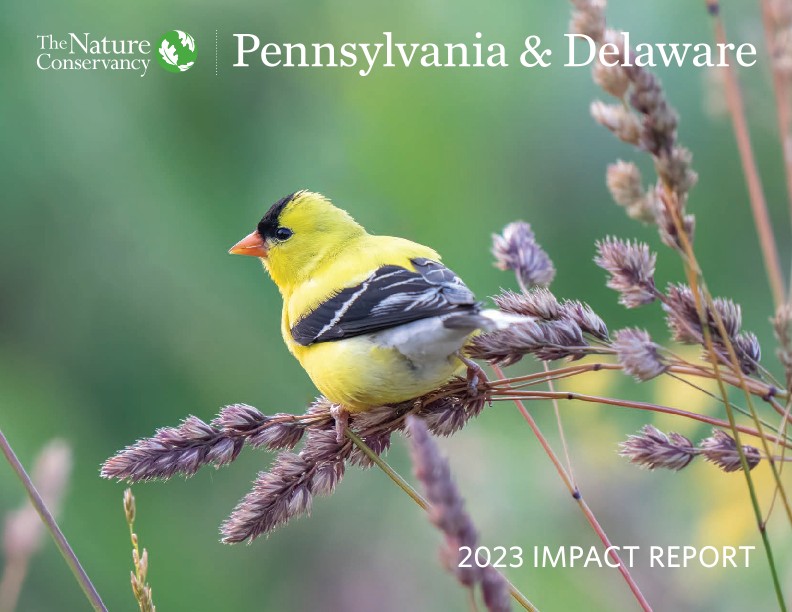
The Nature Conservancy in Pennsylvania Report: PA/DE 2023 Impact Report
Videos & Podcasts
The Nature Conservancy Video: Trees in Peril
Explore More!

A new national survey conducted by U.S. Nature4Climate shows that voters across party lines support natural climate solutions more than ever, suggesting fertile ground for bi-partisan cooperation and consensus-building, opening up new avenues for climate action. Learn more.
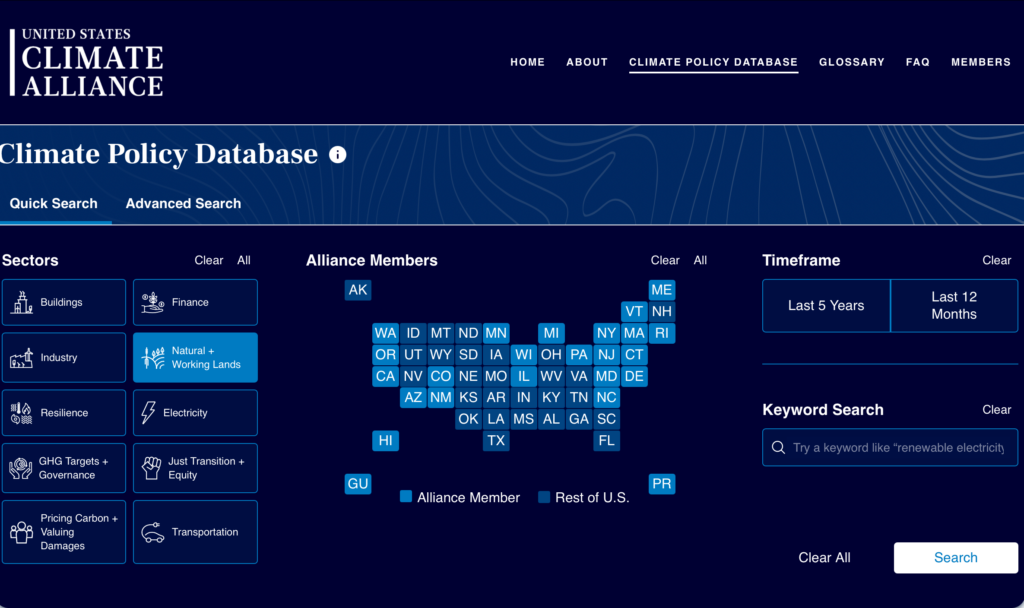
Explore U.S. Climate Alliance‘s Climate Policy Database.
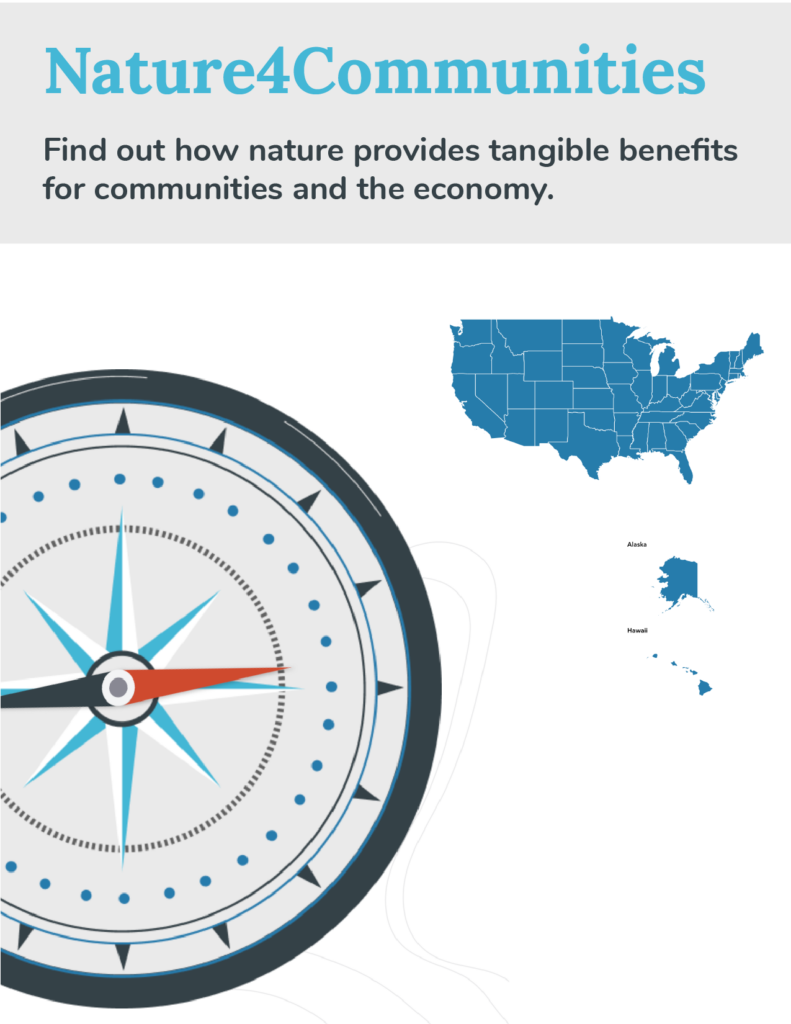
Explore Nature4Communities, a resource that shows you how nature-based solutions are critical for your community’s well-being and become a better advocate for their implementation.

